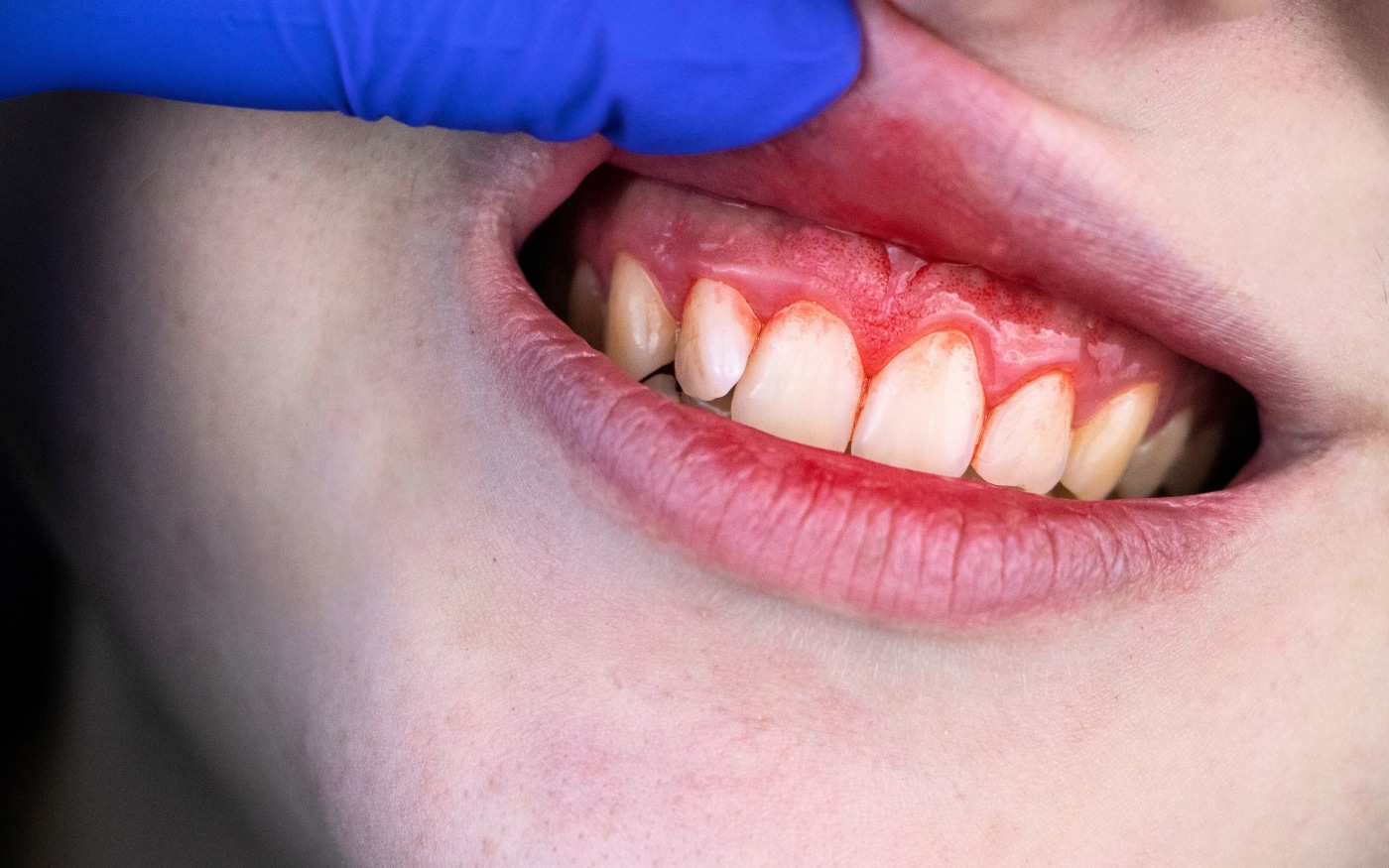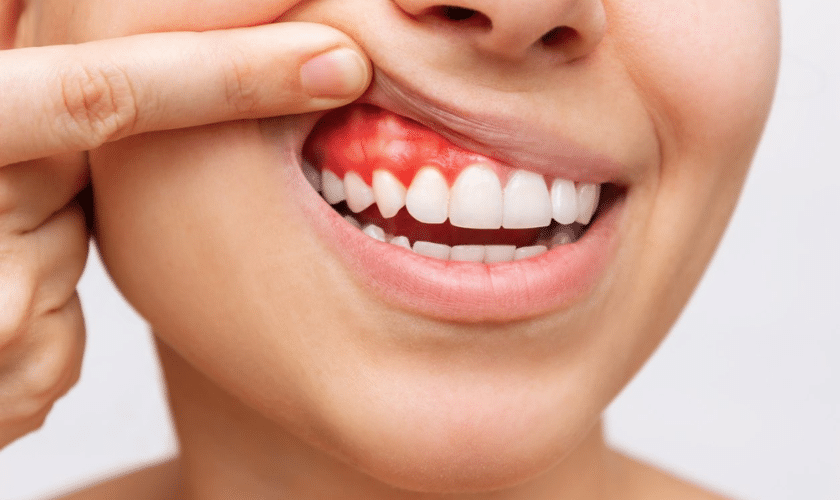
Gum disease is one of the leading causes of tooth loss in adults, yet it’s often something that people don’t think about until it’s too late. Fortunately, there are ways to prevent gum disease from developing and progressing. In this post, we examine the steps you need to take in order to ensure healthy teeth and gums. From proper brushing and flossing practices to understanding the risk factors associated with gum disease, read on to learn more about how you can protect yourself from this common oral health issue.
What is Gum Disease?
Gum disease, also known as periodontal disease, is a serious infection of the gums and tissues that support your teeth. It can damage these supporting structures and, if left untreated, can lead to tooth loss. Gum disease is caused by plaque, a sticky film of bacteria that forms on your teeth. Plaque irritates your gums and causes them to become inflamed. This inflammation is the first stage of gum disease, called gingivitis. If gingivitis is not treated, it can progress to periodontitis. In this more advanced stage, the gum tissue pulls away from your teeth and forms spaces (called “pockets”) that become infected. The bones and other supporting structures of your teeth can be destroyed as the infection spreads. Most people with gum disease do not experience any symptoms in the early stages. This is why regular dental check-ups are so important! Your dentist or hygienist can detect gum disease in its early stages and treat it before it becomes more serious.
There are many things you can do to prevent gum disease:
-Brush your teeth twice a day with a fluoride toothpaste
-Floss daily
-Eat a healthy diet
-Visit your dentist regularly for professional cleanings and check-ups
The Different Stages of Gum Disease
There are four different stages of gum disease: gingivitis, early periodontitis, moderate periodontitis, and severe periodontitis. Gingivitis is the earliest stage of gum disease and is characterized by inflammation of the gums. Early periodontitis is characterized by the loss of attachment between the gums and teeth. Moderate periodontitis is characterized by the loss of bone around the teeth. Severe periodontitis is the most advanced stage of gum disease and is characterized by the loss of both attachment and bone around the teeth.
Causes of Gum Disease
The leading cause of gum disease is plaque, a sticky film of bacteria that constantly forms on your teeth. If not removed, plaque can harden into calculus (tartar). Plaque and calculus irritate the gums, causing them to become inflamed. The inflammation is the start of periodontal disease. Other causes include:
-Smoking: Smoking tobacco products significantly increases your risk of developing gum disease.
-Hormonal changes: Women are more susceptible to gum disease during pregnancy and menopause due to hormonal changes that cause increased blood flow to the gums.
-Certain medications: Some medications can reduce the flow of saliva, which helps protect your teeth from plaque. A dry mouth combined with poor oral hygiene habits can lead to gum disease.
-Crooked teeth: Crooked teeth are more difficult to clean properly, which can lead to an accumulation of plaque and tartar on the teeth and gums.
How to Prevent Gum Disease
- Gum disease is an infection of the gums that can lead to tooth loss. It is important to take steps to prevent gum disease and keep your smile healthy.
- The best way to prevent gum disease is to brush and floss your teeth every day. Be sure to use a soft-bristled toothbrush and gentle circular motions when brushing. You should also floss between your teeth daily to remove plaque and bacteria.
- In addition to daily brushing and flossing, you should also see your dentist regularly for professional cleanings. Your dentist can remove any tartar or plaque that has built up on your teeth, which will help prevent gum disease.
Conclusion
In conclusion, gum disease is a major cause of tooth loss in adults. To prevent it from occurring and causing further damage to your teeth and gums, regular brushing and flossing are essential. Furthermore, visiting the dentist for professional cleanings twice per year can also help keep your mouth healthy and free from gum disease. With these preventive measures in place, you can enjoy a lifetime of strong oral health with no risk of developing gum disease.



